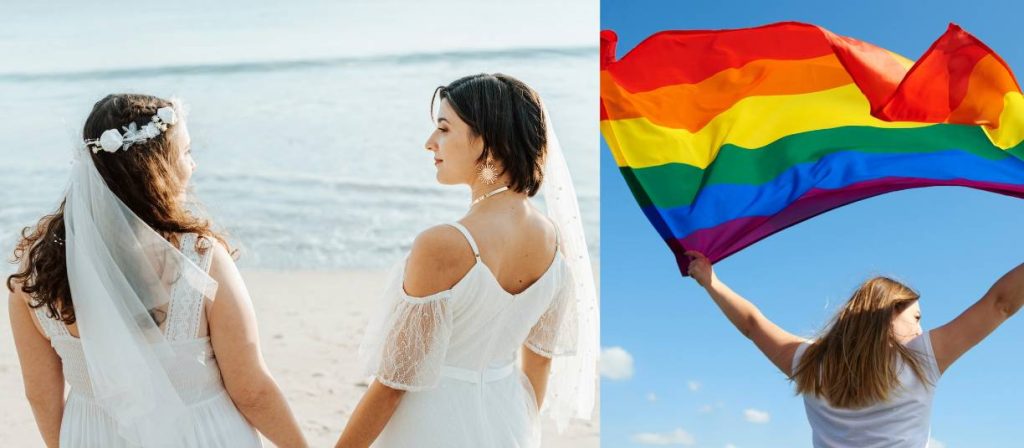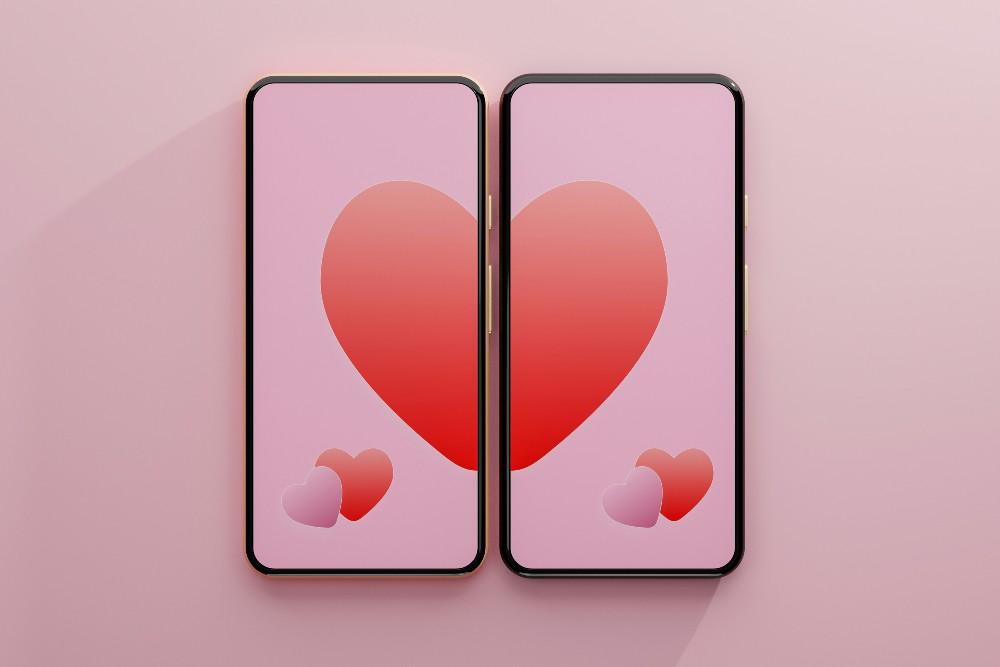The term “lesbify,” although not formally recognized in standard dictionaries, is commonly used in LGBTQ+ communities. Derived from “lesbian,” “lesbify” is influential and brings up important topics about sexuality, gender expression, and social norms.
It typically refers to making something more aligned with or reflective of lesbian culture, identity, or experiences. This can involve adding elements of lesbian culture to various aspects such as media, events, or spaces to make them more representative or welcoming of lesbian identities.
Additionally, “lesbify” can describe the process of emphasizing or highlighting lesbian themes in cultural or social contexts.
This article looks into where it came from, what it means, its impact on culture, and the controversies and complexities it sometimes causes.
Key Takeaways
- ‘Lesbify’ is a verb that comes from the noun “lesbian”. It’s a sign of change by adding lesbian in character or to add a lesbian identity.
- ‘Lesbify’ gives a firm and actionable voice when speaking it out. So lesbians can be more confident about who they are.
- ‘Lesbify’ has gained visibility in popular culture, influencing various forms of media and serving as an expression for empowerment.
The Origin of Lesbify
Lesbify was born from the word ‘lesbian’. In English, adding ‘ify’ to a word often turns it into a verb. This is what happened with ‘lesbify’. Here’s a simple list of similar words:
- Beautify: To make beautiful
- Simplify: To make simple
- Amplify: To make louder or more powerful
The Meaning of Lesbify: Add a Lesbian Identity
‘Lesbify’ has become a way for people to talk about change. It’s not just about language; it’s about ideas and culture too. When you ‘lesbify’ something, you’re not just changing a word. You’re changing how people see the world. It can happen in stories, art, or even in the way people think.
‘Lesbify’ means to make something more lesbian in character or to add a lesbian identity to it. It’s used in different ways, by different people, and it can mean different things depending on who you ask. Here is how ‘lesbify’ has been used:
- To describe adding lesbian representation to media
- As a playful way to talk about someone embracing their lesbian identity
- In discussions about changing one’s appearance or style to align more with lesbian culture
Today, when you hear the word ‘lesbify’, it’s a sign of change. It shows how people are more open to talking about different ways to love. Some use it to talk about making something look or feel more like it’s for or about lesbian women. Others might use it when they talk about their own journey of understanding their sexuality.
Lesbify in Popular Culture
When you see someone like you on TV or in movies, it feels good, right? That’s what lesbify does in the media. It helps show lesbian characters and stories. This is important because it helps people understand and accept different ways of living and loving. It also helps people who are lesbian see themselves in a positive light.
For example, think about a TV show with a lesbian character. This character can show you that it’s okay to be who you are and make it easier for others to accept. They can also teach others that being different is not bad. This is why having lesbian characters in the media is so powerful.
You can also see the term ‘lesbify’ in songs, and movies. It shows that lesbian identities are important in our culture. Music artists use ‘lesbify’ to sing about love and life from a lesbian point of view. This helps people understand and accept different ways of living.
In films, ‘lesbify’ brings lesbian stories to the front. You might have seen characters who are strong and real. They are not just side parts of the story. They have their own big stories. This makes a big change in how we see lesbians on the screen.
Lesbify as a Expression for Empowerment
‘Lesbify’ is also a powerful expression of empowerment and resilience, giving a strong voice when speaking out. Lesbify can be a shout for freedom and a stand against those who say you can’t be who you are based on your gender and sexuality. It’s about taking control and owning your identity.
LGBTQ+ activists have used ‘lesbify’ to show pride and strength in lesbian identity. It’s a way to say, ‘We’re here, and we’re proud.’ This term has helped many people feel seen and supported.
‘Lesbify’ has also been a call to action when raising awareness, creating community and fighting for rights. It’s about making space for lesbian voices in places where they’ve been left out.
In the fight for equality, ‘lesbify’ is a movement that keeps growing. Every time someone stands up and says ‘lesbify’, they’re helping to make a change.
‘Lesbify’ can empower you in these ways:
- It gives you a voice in a world that often tells you to be quiet.
- It helps build a community of people who support each other.
- It encourages you to be proud of who you are, no matter what others say.
- It challenges old ideas about gender and supports people who love someone of the same gender.
Controversies and Complexities Surrounding “Lesbify”
Even though ‘lesbify’ can be powerful for lesbians, it’s important to think about how it can affect others.
The term “lesbify” can generate controversies and complexities due to issues such as stereotyping and essentialism, where diverse lesbian identities might be reduced to clichés or expected norms.
Concerns also arise regarding the commercialization of lesbian identity, where entities might superficially adopt lesbian themes to capitalize on trends without genuine representation.
While intended to enhance lesbian visibility, the focus on specific lesbian themes could inadvertently exclude other identities within the LGBTQ+ spectrum, such as bisexual, transgender, or queer experiences.
Additionally, cultural appropriation can occur when elements of lesbian culture are trivialized or exploited for profit by those outside the community.
Politically and socially, using “lesbify” as a statement for more representation can be controversial, particularly in conservative settings where LGBTQ+ rights are still hotly debated.
These controversies underscore the importance of using the term thoughtfully and respectfully, ensuring that it does not reinforce stereotypes or exclude parts of the community.
Summary
The word ‘lesbify’ is not just about being a lesbian. It’s about being fair and kind to everyone, no matter who they love. ‘Lesbify’ reminds us that everyone should be treated with respect.





